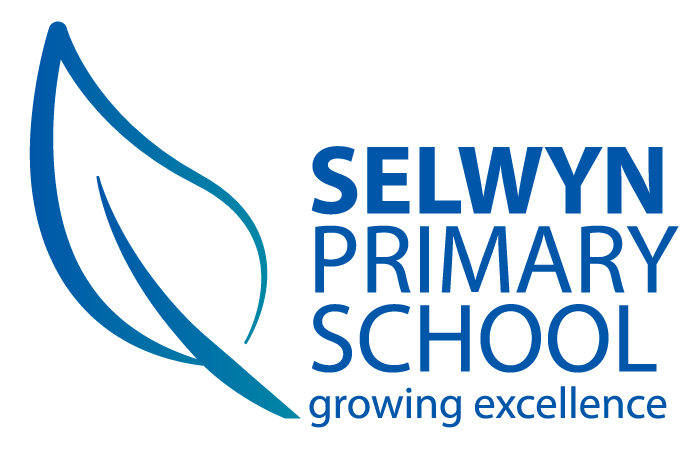Email: primary@selwyn.waltham.sch.uk | Telephone: 0208 527 3814

History
Aims
We provide a high-quality history education that helps our children gain a coherent knowledge and understanding of Britain’s past and that of the wider world. It inspires pupils’ curiosity to know more about the past. Our teaching equips pupils to ask perceptive questions, think critically, weigh evidence, sift arguments, and develop perspective and judgement. History helps pupils to understand the complexity of people’s lives, the process of change, the diversity of societies and relationships between different groups, as well as their own identity and the challenges of their time.
Our history curriculum aims to ensure that all our children know and understand the history of these islands as a coherent, chronological narrative, from the earliest times to the present day. They will understand how people’s lives have shaped this nation and how Britain has influenced and been influenced by the wider world. Our children will know and understand significant aspects of the history of the wider world including the nature of ancient civilisations; the expansion and dissolution of empires; characteristic features of past non-European societies and achievements and follies of mankind. They will gain and deploy a historically grounded understanding of abstract terms such as ‘empire’, ‘civilisation’, ‘parliament’ and ‘peasantry’. Our curriculum ensures that our children understand historical concepts such as continuity and change, cause and consequence, similarity, difference and significance, and use them to make connections, draw contrasts, analyse trends, frame historically-valid questions and create their own structured accounts, including written narratives and analyses. Our children understand the methods of historical enquiry, including how evidence is used rigorously to make historical claims, and discern how and why contrasting arguments and interpretations of the past have been constructed. They gain historical perspective by placing their growing knowledge into different contexts, understanding the connections between local, regional, national and international history; between cultural, economic, military, political, religious and social history; and between short- and long-term timescales.
We aim for our children to develop a chronologically secure knowledge and understanding of British, local and world history, establishing clear narratives within and across the periods they study. They note connections, contrasts and trends over time and develop the appropriate use of historical terms. Our children will regularly address and devise historically valid questions about change, cause, similarity and difference, and significance. They construct informed responses that involve thoughtful selection and organisation of relevant historical information and understand how our knowledge of the past is constructed from a range of sources. The curriculum ensures our children develop empathy, pride and understanding in relation to events of the past and contribute positively to society and the understand value in preserving British and their own personal history.
Teachers will provide opportunities for children to ask questions about the past, explore artefacts and visit museums and places of interest. They will explore secondary sources such as books and photographs and those that are ICT based. Our children will take part in visitor’s talks about personal experiences of the past and listen to and interact with stories from the past. The curriculum will require them to undertake fieldwork as well as use drama and dance and replicated experienced. They will be shown, or use independently, resources from the internet and videos alongside using non-fiction books in school or at the local library for research. Our children will work independently or collaboratively, to ask as well as answer historical questions.
| Term | Year 1 | Year 2 | Year 3 | Year 4 | Year 5 | Year 6 |
|---|---|---|---|---|---|---|
| Autumn | Life at different periods in Britain | Events beyond living memory | Changes in Britain from the Stone age to the Iron age | Britain’s settlement by Anglo-Saxons and Scots | Ancient Greece – A study of Greek life and achievements | A significant turning point in British history – WW2 |
| Spring | Significant historical events and people in Britain | Life of significant individuals in the past | Achievement of an early civilization - Ancient Egypt | The Viking and Anglo-Saxon struggle for the Kingdom of England | A changing power of monarchs | Changes in social history – Crime and punishment |
| Summer | Changes to national life in living memory | Lives of significant individuals in the past who contributed to national and international achievement | The Roman empire and its impact on Britain | A local history study | Contrasting a non-European society with British history A significant turning point in British history – WW1 | Contrasting two non-European society with British history |